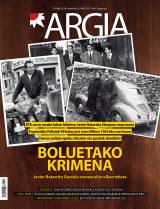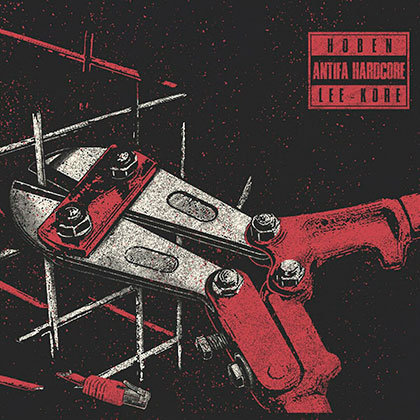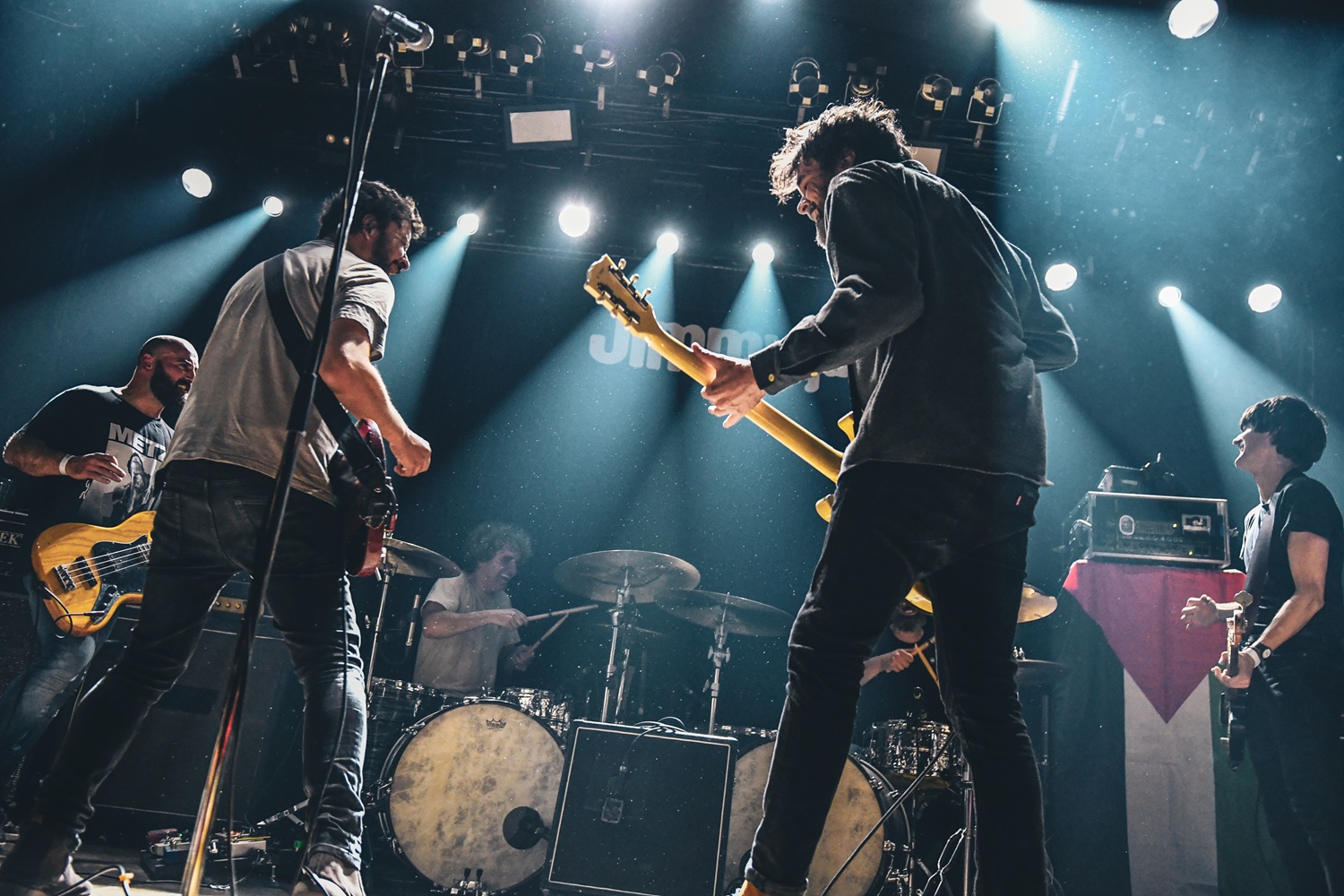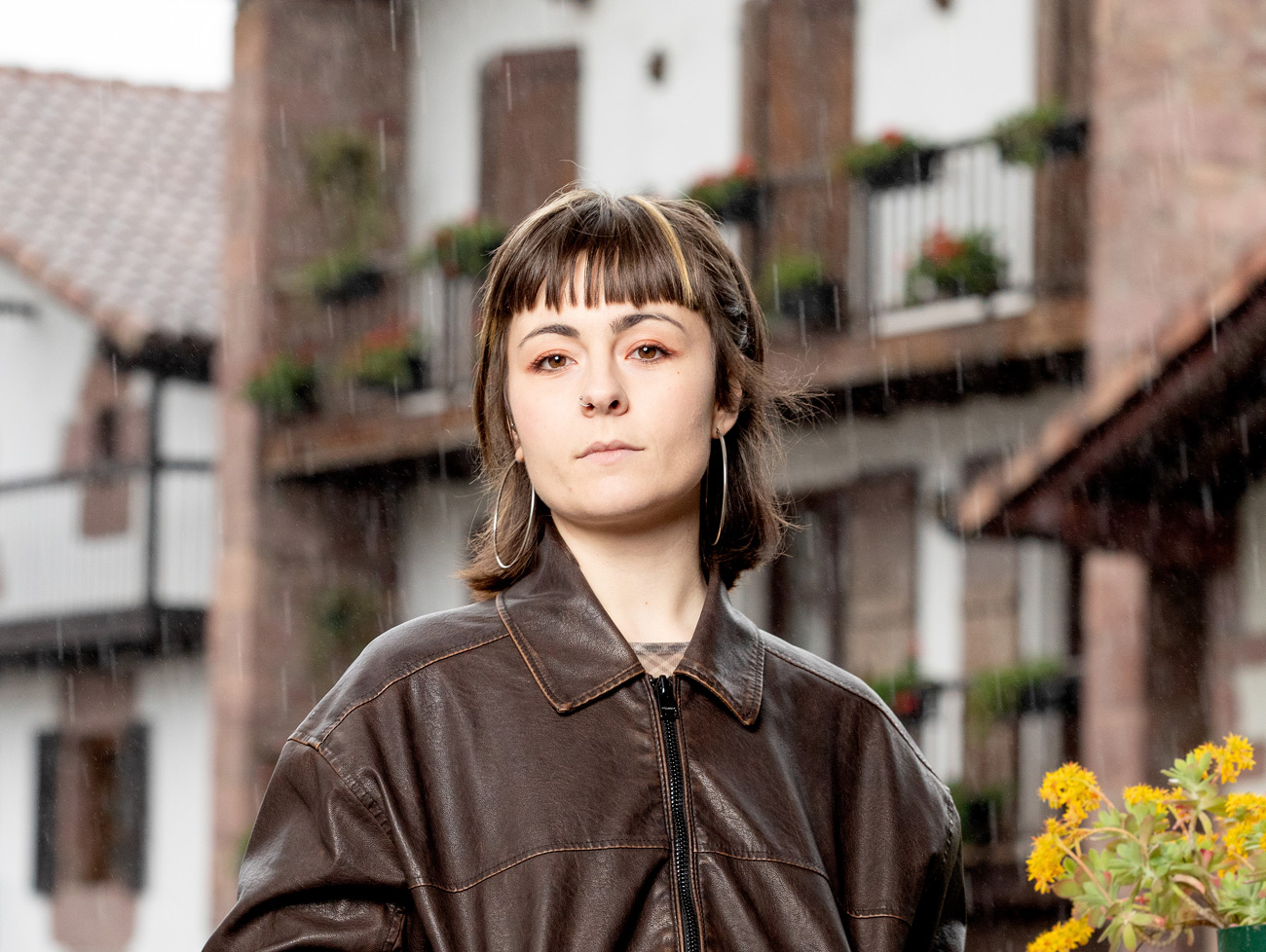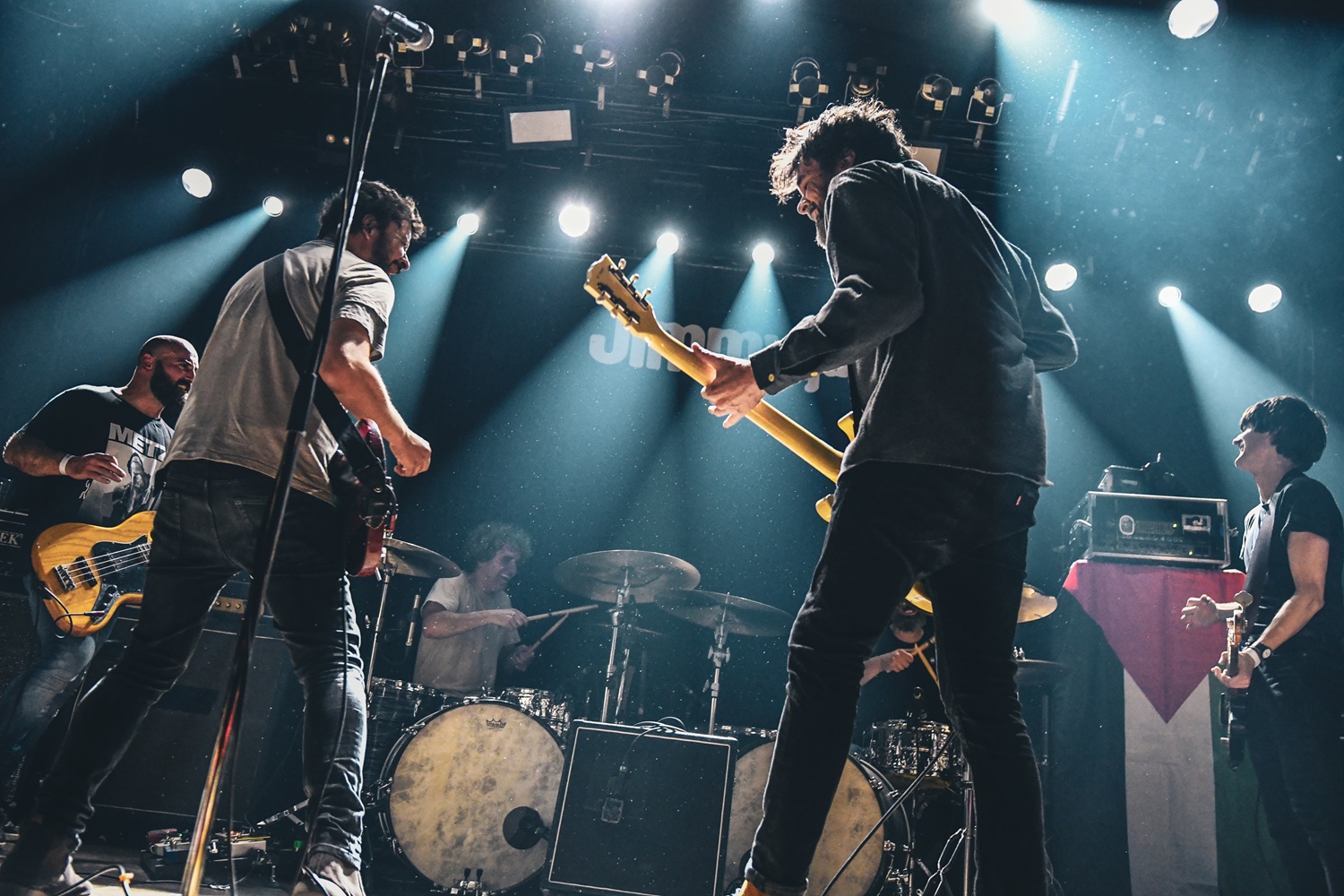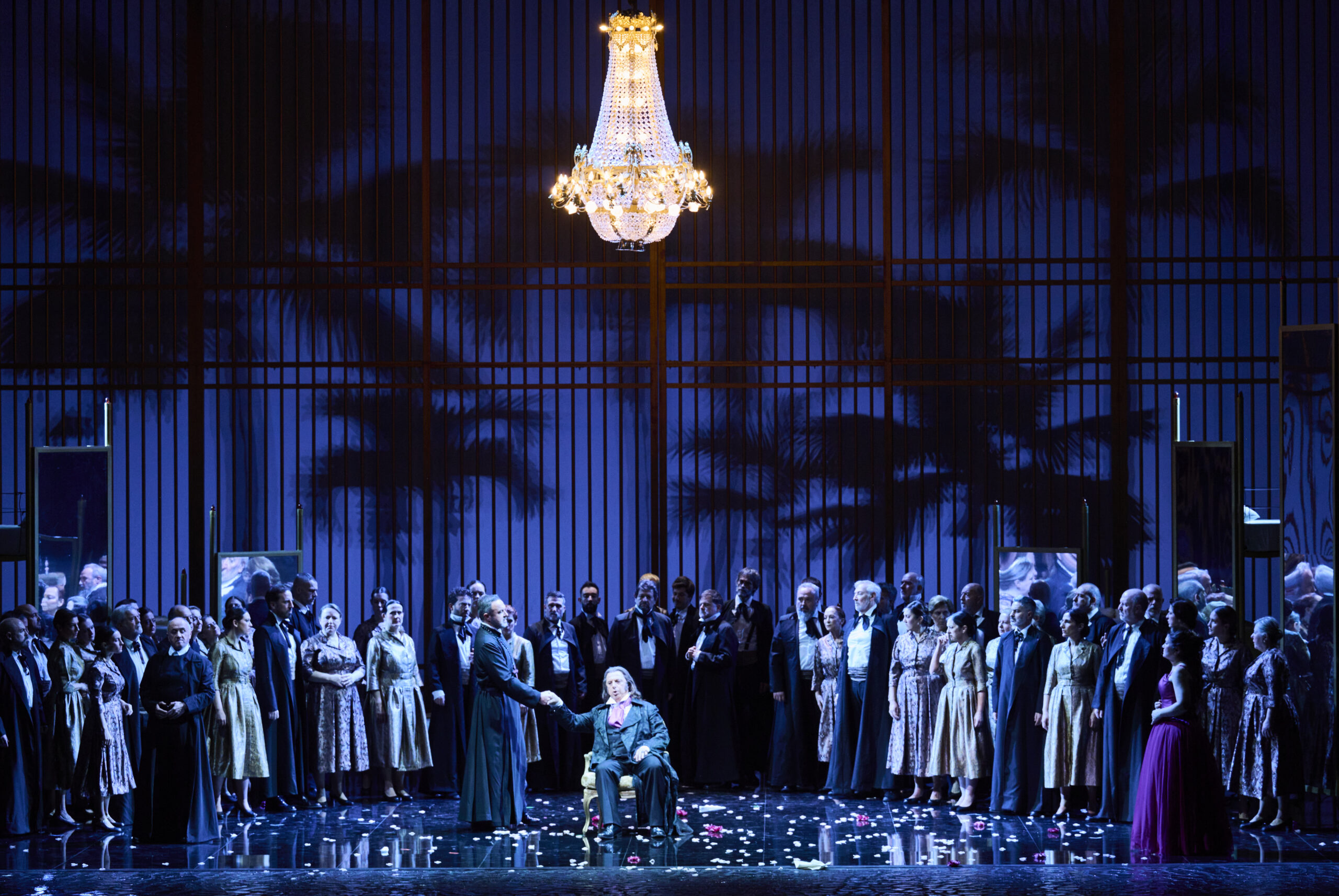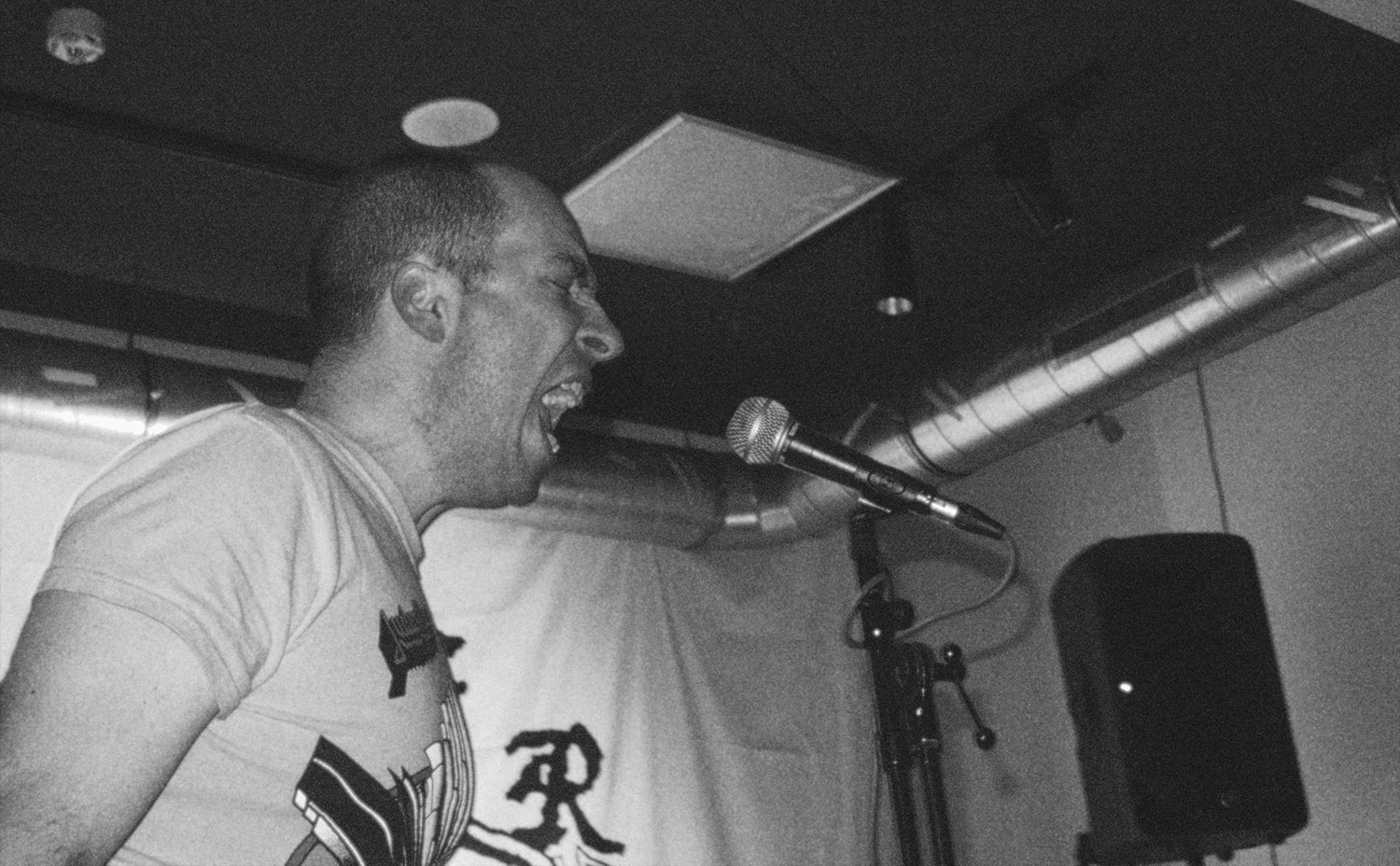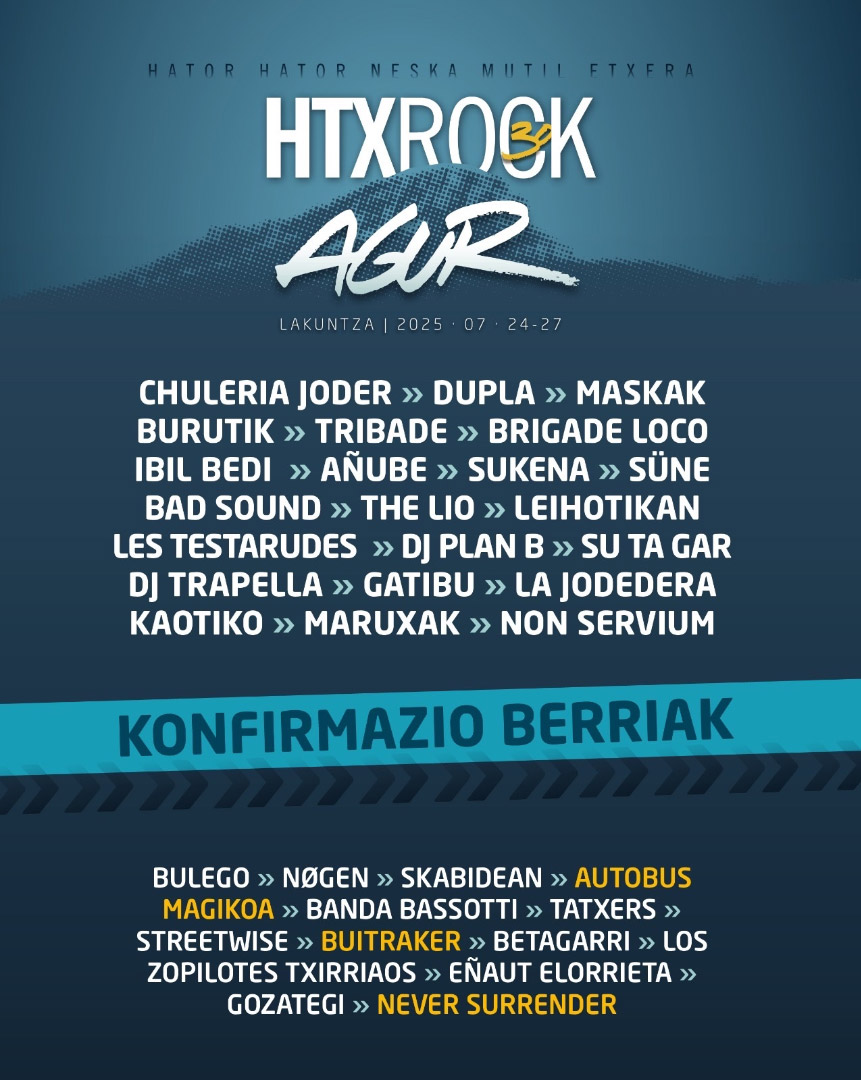Reflection of what was brought from Cuba
- The Gernikarra Audience group will be 20 years old. Traveling in many styles, they move on the stage from one side to the other, changing the instruments. With the experience as a partner, the team always dares to make a further leap. On this occasion they have brought from Cuba their eighth work, Isla, produced in Havana under the direction of Kaki Arkarazo.
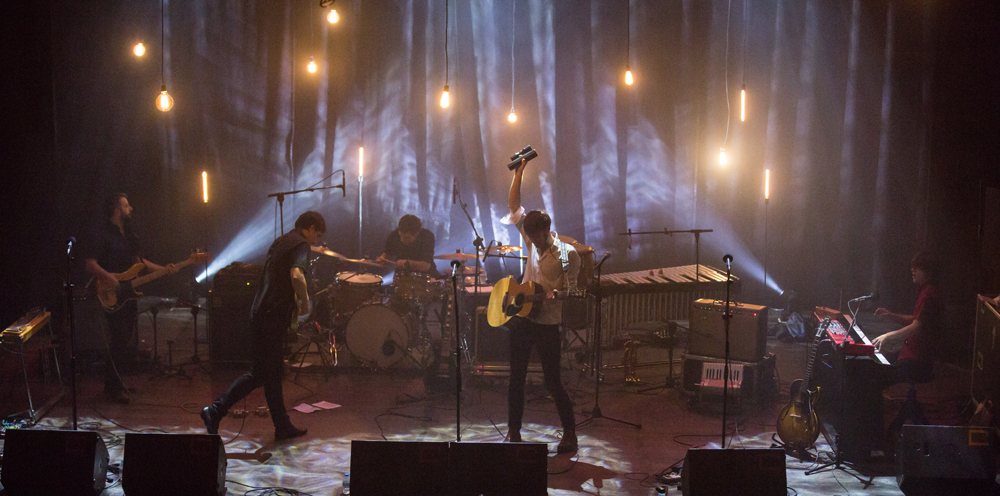
A few years ago, in the Garate study by Andoain, Kaki Arkarazo launched the proposal: I had been in Cuba a few months ago with Amparanoia, and if I went with a Basque group, the Audience seemed the most suitable. After the changes the group underwent in 2016, they wanted to do something special and revived the idea of having been hibernating.
The eleven songs that make up Isla were recorded in the Abdala studios, created by Silvio Rodríguez in April 2017. Local musicians have given a special touch to the play, but they have not made a Latin album. Audience rock is free, with Cuban flavors.
“We’ve said many times that we don’t want to go there to make a tourist record,” says Ager Insunza. They have met with great Cuban musicians and wanted to make a mix: some moving to rock and others to more Latin rhythms, giving a mix between the two.
In the Cuban study, they see a lack of material and that leads them to work differently.
Although it is most prominent in three songs, Yaroldi abreu has put percussions on almost all songs, giving a special touch to the pieces. The trumpet game Alejandro Delgado builds sweet moments of vibrato in the songs Egun da Bayamon and Egunsentia Habanan. Singer Osanay Martínez proposed several adaptations of El tres, el quinto y el tumbao, and being the first receiver, recorded the voice as it had sounded. They had to do a little more work with the rope section to square everything, but there are arrangements as delicate as they are beautiful, especially in the song Nork jakin. “It looks like Eleanor Rigby of the Beatles,” says Gaizka Insunza.
For Rubén Garate it has been an amazing experience. “Slim Wine, he dropped on the couch of the cabin without taking off his sunglasses and listened to the songs. He suddenly entered the room without saying anything and recorded two songs on two bears. Kaki himself said that for years he has not made such recordings.”
They went to Cuba, among other things, to flee the comfort zone, and there they met with musicians trained in socialism who have “a very different way of living the culture”. “It’s hard to find musicians of that level,” explains Ager Insunza, speaking of “the virtues and misery of socialism.”
In fact, a shortage of material has been detected. Here you're used to having in the studio ten amps and the guitar you want. There they were content with two large guitars and two guitars, that is, with what was there. Changing guitar strings is also a luxury on the island: “You are a capitalist,” said a guitarist who worked with them to change the strings before they broke. “This situation has helped us to develop music in a different way and is perceived in sound.” In addition to the musical experience, all the components of the group have talked about the binary.
Gaizka Insunza: "We've done a little experiment."
But in the process, not everything has been easy. Ager Insunza has acknowledged that the plane returning from Cuba suffered a kind of crisis. “We didn’t know how we would organize the material, we were about to take out two albums.” According to Garate, “in the end we think of the album as a journey. Audience starts preparing the land. The fourth shows the trumpet and behind it are the three most Latin songs; and then the album goes back to rock. So start Audience, go to Cuba and come back. That’s the meaning of the album.”
Gaizka Insunza makes it very clear: “When we speak and adopt a speech, coherence is taken and the public thinks that everything has been thought for a long time. But it all happens in the process. On the eve of the study, we decided to introduce two new songs that are key to the album.”
Asked if they will delve deeper into the Latino rhythms for the future, they are clear: “We have to run away from that brand. We've done a little experiment, but we're not part of that world. Next time we don't know what we're going to do, but Island still has a lot to contribute. In the industry, it seems that two months after you take a record, you forget it and you have to offer something else. But we've been doing things differently for 20 years, thinking and recording records like before. We ask people for commitment. Maybe we're against the market, but it's worth it."
With this seventh reference obtained in Bidehuts, they are the groups that obtained the most work on the label. Bring together musical comprehension models: “Projects like us,” says Gaizka Insunza, which look not at the market, but at music, at creation… they only have limits. But for us, life is a test. In addition, I believe that the greatest commitment it can have to society is to make the music that we do today. The most revolutionary thing you can do is do it as we do, make music that you like for 20 years and go on, even if the market doesn't listen to you. Do whatever you want, ignoring the market.”
Audience is a Basque group that sings in English. Ion Andoni of the master, in his book Party and Borroka, points out that English is a mask for them, a distance to say what they would not say in Basque. Gaizka Insunza reaffirms: “As we go onstage, we’re doing a theater and it helps me to get into that role. However, it is an aesthetic choice made almost involuntarily. For our referents yes, but also for the sound.” “I don’t know any more Euskaldun groups, because their daily lives do so only in Basque,” says the technician Igor Ertzilla.
Perhaps also when it comes to defining Basque music we should look at the back of the stage, which is happening down there. From where, what is it sung for? And who listens and what for. Audience takes Basque listeners out of the comfort zone and leads them to discover new spaces. And perhaps more interesting for the Basque culture is the music that takes us out of that comfort, worked, received, risky and honest, than plastic music, even in Euskera.
On March 7, the 150th anniversary of the birth of Maurice Ravel, the best Basque composer of all time. And in LA LUZ a tribute was paid to this composer, recalling the influence of the famous Bolero on the collective imagination.
By chance, Deutsche Grammophon has just released... [+]
Olatz Salvador
Noiz: martxoaren 15ean.
Non: Deustuko jaietan.
------------------------------------------------
Martxoak beti du deustuarrontzat kolore berezia; urtero ospatzen ditugu jaiak, San Jose egunaren bueltan. Bi asteburu bete festa, eta urtetik urtera Deustuko... [+]
Antifa hardcore
Lee-Kore + Hoben
Autoekoizpena
---------------------------------------------------------
Tamalez ez da ohikoa Arrasaten hardcore kontzertuak egitea, bestelako musika eszenak nagusitzen direlako. Hala bada, joan den larunbatean herriko gazte batzuen... [+]
Hunkituta eta ilusioz egin dut Iruñetik Oronozerako bidea. Maite dut Olaia entzutea, baita hizketan ere. Herriko farmaziaren ondoan autoa utzi eta balkoitik agurtu naute hark eta bere zakur Arak. Grabagailua martxan jarri aurretik, bueltaxka egin dugu frontoira eta Arak... [+]
Bizitza eztia
Verde Prato
Plan B Records, 2024
--------------------------------------------------------------
Ousmane Sembène zinemagile senegaldar ospetsuari galdetu zioten ea bere pelikulak Europan ulertzen ote ziren. Erantzuna, epikoa: “Izan gaitezen... [+]
Inoren Ero Ni + Lisabö
Noiz: martxoaren 14an.
Non: Gasteizko Jimmy Jazz aretoan.
----------------------------------------------------
Izotz-arriskuaren seinalea autoko pantailatxoan. Urkiola, bere mendilerro eta baso. Kontzertuetara bideko ohiko errituala: Inoren... [+]
FITXA
Zer: OLBEk antolatutako Gaetano Donizettiren ‘La favorite’ opera.
Nork: Euskadiko Orkestra Sinfonikoak (zuzendaria: Riccardo Frizza) eta Bilboko Operaren Abesbatzak (zuzendaria: Boris Dujin).
Noiz: otsailaren 18an.
Non: Bilboko Euskalduna Jauregian.
Olor
Noiz: martxoaren 9an.
Non: Bilboko Sarean espazioan.
---------------------------------------------------------
Esperantza. iz. Nahi edo desiratzen dena gertatuko delako edo lortuko delako uste ona.
Izen horixe jarri zion Jokin Azpiazu Carballo Olor ermuarrak bere... [+]
22 talde gehiago iragarri dituzte Lakuntzan uztailean izanen den HatortxuRockerako: Bad Sound, Dupla, Su Ta Gar, Chuleria Joder!, Brigade Loco, Leihotikan, Burutik, Tribade, Maskak, Les Testarudes, Non Servium, Añube, Dj Plan B, Gatibu, DJ Trapella, La Jodedera, Süne,... [+]









